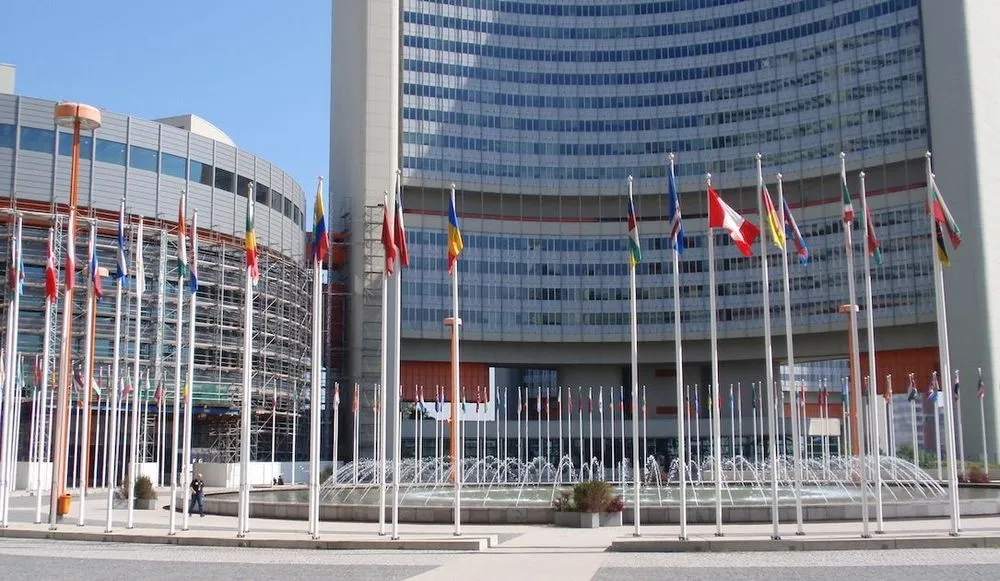UK unites 68 other states in joint call to action against online child abuse
For the first time at the United Nations, 69 member states — including the United Kingdom and the United States — have issued a joint call to action on removing child sexual abuse material (CSAM) from the internet, warning that “more needs to be done and with greater urgency.”
The statement, which stresses the private sector’s responsibility to protect children from sexual exploitation, follows two days of expert discussions in Vienna supported by the British government and hosted by the U.N. Office on Drugs and Crime.
Corinne Kitsell, Britain’s ambassador to the U.N., said: “Of particular concern to the UK, is the move by companies to implement end-to-end encryption,” which she argued if deployed without “robust child safety measures … will make the detection and removal of child sexual abuse materials even more challenging.”
The British government’s concerns about end-to-end encryption have ignited controversy, with concerns particularly being raised regarding its proposed Online Safety Bill and a provision in it enabling the communications regulator Ofcom to force technology companies to monitor end-to-end encrypted messaging platforms for CSAM using accredited tools.
No such tool has yet received accreditation, although most proposals have involved some form of client-side scanning. These systems were initially promoted because they were considered not to “break” end-to-end encryption by instead being present on one of the endpoints.
Two senior directors at Britain’s GCHQ published a paper supporting client-side scanning as something that could successfully address the child safety challenges on large social media platforms, without necessarily impinging on privacy expectations.
Apple had proposed including such a feature in iOS 15 before ultimately deciding on dropping the feature following a backlash, including a warning from 14 of the world’s most distinguished computer scientists who published their own paper detailing the risks the technology posed.
Earlier this week, Apple, alongside WhatsApp, Signal and other private sector and civil society organizations, issued a statement criticizing the Online Safety Bill and urging the British government to amend the proposed law so it protects end-to-end encryption.
The statement says there is an “urgent need for action by governments, internet service providers and access providers, and other actors, to protect children from online sexual exploitation and abuse, and to facilitate a dialogue between the different entities and sectors required for an effective response.”
Alexander Martin
is the UK Editor for Recorded Future News. He was previously a technology reporter for Sky News and is also a fellow at the European Cyber Conflict Research Initiative.



